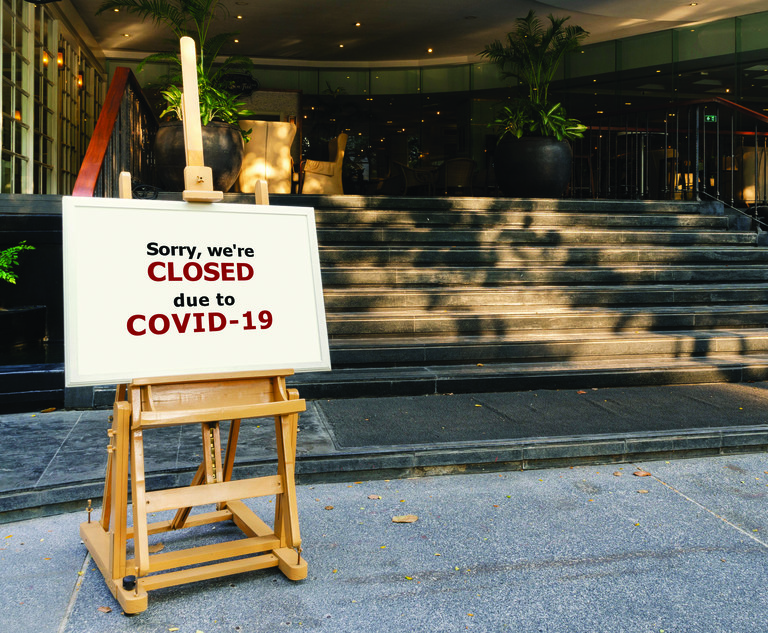Welcome back to Ahead of the Curve. I’m Karen Sloan, legal education editor at Law.com, and I’ll be your host for this weekly look at innovation and notable developments in legal education.
I hope everyone had a relaxing Fourth of July weekend. This week, I’m sharing my take on two of the biggest issues in legal education at the moment: The bar exam and how best to resume classes in the fall. Florida’s last-minute cancelation of the in-person July bar exam holds lesson for administrators deciding whether to go fully remote in the fall, or attempt to offer some in-person classes. Plus, I’m checking in on Rehan Station, who will be making the switch this fall from sanitation worker to Harvard Law 1L. Who says there’s no good news right now?









